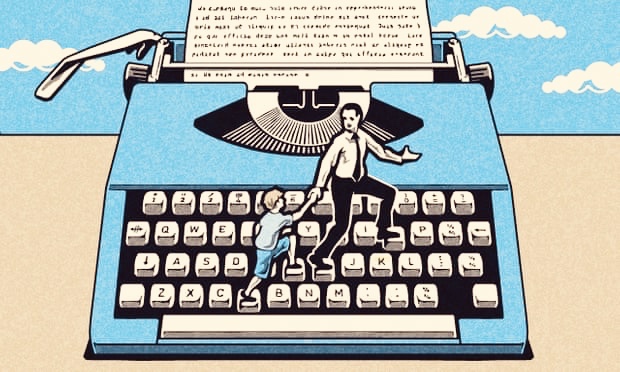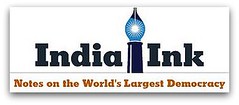
Sir Harold Evans, the legendary (former) editor of The Sunday Times, London, is in India.
Delivering the K.C. Mammen Mappillai Memorial Lecture on “The Freedom of the Press in an Age of Violence”, organised by the Malayala Manorama group in New Delhi on Thursday, Sir Harold dropped these pearls in the company of his celebrated wife, Tina Brown:
# Foreign ownership of newspapers and television channels in a complex society like India is not desirable: “I do not want to sound xenophobic—there should be no custom barrier for ideas and information. But I’d suggest newspapers and broadcasting media in complex, sensitive societies like India, in particular, would not be well served by foreign ownership that is blind to the tradition and subtleties. In fact, these foreign owners see culture only as a marketplace and inevitably become a focus of resentment.
# “Government is not the only constraint to free and responsible press. Much greater challenges to the freedom of the press comes from business conglomerates.”
# “Ownership of media by conglomerates—bundles of different businesses in which the press is but one—has yet to prove a blessing to journalism anywhere. My experience and observation is that conglomerates hate the risk, expense and discord inevitable in investigations of any kind, of which the investigation of corruption and violence are the riskiest… The risk to loss of advertising, disfavour with the authorities or with associated businesses, and of course any businesses in which the conglomerate is itself involved. Conglomerates hate the risk, expense and discord inevitable in investigations of any kind of which the investigation of corruption and violence is the riskiest.”
# “Most of the best newspapers in the world are not owned or managed by conglomerates but by families who regard them as public trust.”
# “If you publish the hideous videos of beheading jihadists, circulate or display the image of a hooded hostage, are you doing exactly as the killers wish— creating terror by becoming a tool of terror? Or are you exposing the jaws of the beast? Are you exercising freedom or are you indulging in the pornography of violence?”
# “Freedom of the press is a moral concept or it is nothing. Speaking personally of challenges to human rights, I would rather be photographed by a hidden surveillance camera than travel on a train or bus with men carrying bombs in their backpacks. I would regard being blown to bits on the street as less of an intrusion on privacy than having an identity card.”
# “The snare of token patriotism should be avoided. When emotions run high, the press is all too often “tempted” to follow the official line out of a mistaken sense of patriotism.”
# “When a newspaper or TV station is under attack for doing its job—as The Hindu has been in the Tamil Nadu State [in 2003]—its competitors, once satisfied of the accuracy of the reporting, should not hesitate to cover the case, and, on its merits come to its support. We must not get hung up on competitive jealousies.”
# “News is what somebody somewhere wants to suppress. Everything else is advertising… There is no use printing the story once. A running sore in a society requires more than a one-time Band-Aid”.
Also read: What ails media? My wife says, a panic of seriousness’
File photograph courtesy The Associated Press/ Outlook







